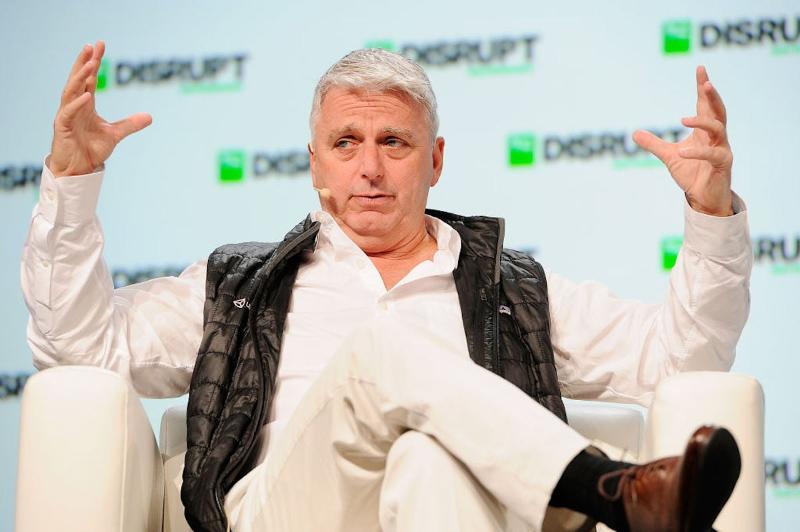Unity, the popular game engine, is facing severe backlash from game developers and the gaming community due to its new pricing changes. In this article, we explore the reactions of game developers and the European Game Developers Federation to Unity's controversial pricing scheme.
Unity's Controversial Pricing Changes
Understanding the new pricing scheme introduced by Unity and its impact on game developers.
Unity recently announced a plan to charge a “Unity Runtime Fee” for game developers based on a game exceeding its lifetime installations plus its exceeded revenue within the past 12 months. This decision has sparked severe backlash from game developers and the gaming community.
Many argue that Unity's pricing changes will negatively impact popular games that use the Unity Engine. The European Game Developers Federation (EDGF) has even called on the EU to investigate Unity's pricing scheme, citing concerns about anti-competitive behavior.
Unity has since apologized and adjusted its plans for the initial Run Time Fee, although not completely abolishing them. However, the resignation of Unity's CEO amidst the controversy has left many wondering about the future of the company.
Game Developers' Reactions
Exploring the responses of game developers to Unity's pricing changes and their concerns about the impact on the gaming industry.
Game developers have expressed their frustration and disappointment with Unity's pricing changes. Many argue that the new fees will place an unfair burden on indie developers and smaller studios, potentially stifling creativity and innovation in the industry.
The European Game Developers Federation (EDGF) has been particularly vocal in their criticism of Unity, calling the pricing scheme a "looming game engine market failure." They have urged the EU to monitor Unity's behavior and ensure fair competition in the gaming market.
While some game developers are relieved that Unity has adjusted its plans, there is still a sense of uncertainty and concern about the future of game development under these new pricing policies.
Controversial CEO and Corporate Greed
Examining the role of Unity's former CEO and the criticism surrounding his leadership decisions.
Unity's former CEO, John Ricitiello, has been a controversial figure even before the pricing changes. He was known for his reluctance to embrace micro-transactions and his decisions that were seen as prioritizing corporate greed over the interests of game developers.
His resignation has been met with celebration from many in the gaming community, who believe that his departure may lead to positive changes within Unity. However, it is important to note that the pricing decisions were not solely made by Ricitiello, and there are others within the company who should also be held accountable.
Relief and Uncertainty for Game Developers
Discussing the mixed emotions among game developers and the uncertain future they face in light of Unity's pricing changes.
While game developers are relieved that Unity has adjusted its plans for the initial Run Time Fee, there is still a sense of uncertainty about the future. The gaming industry is constantly evolving, and the impact of these pricing changes on game development and innovation remains to be seen.
Despite the challenges, game developers are resilient and continue to create amazing experiences for players. The community support and advocacy from organizations like the European Game Developers Federation (EDGF) give hope for a more equitable and sustainable future for game development.
Conclusion
Unity's recent pricing changes have ignited a firestorm of controversy within the gaming community. Game developers and the European Game Developers Federation (EDGF) have expressed their concerns about the potential negative impact on the industry.
While Unity has made adjustments to their plans, the resignation of the former CEO and the ongoing debate surrounding corporate greed highlight the need for transparency and fair practices in the gaming market.
Game developers now face a mixture of relief and uncertainty as they navigate the evolving landscape. However, their resilience and the support of organizations like the EDGF provide hope for a more equitable and sustainable future for game development.
FQA
What is Unity's new pricing scheme?
Unity's new pricing scheme involves charging a 'Unity Runtime Fee' based on a game's lifetime installations and exceeded revenue within the past 12 months.
How have game developers reacted to Unity's pricing changes?
Game developers have expressed frustration and disappointment, particularly indie developers and smaller studios who feel the fees place an unfair burden on them.
What role did the former CEO play in Unity's pricing decisions?
The former CEO, John Ricitiello, was known for prioritizing corporate greed and was criticized for his reluctance to embrace micro-transactions.
What is the future of game development under Unity's new pricing policies?
The future remains uncertain, with game developers facing challenges and concerns about the impact on innovation. However, the resilience of the community and advocacy from organizations like the EDGF provide hope for a more positive outcome.

